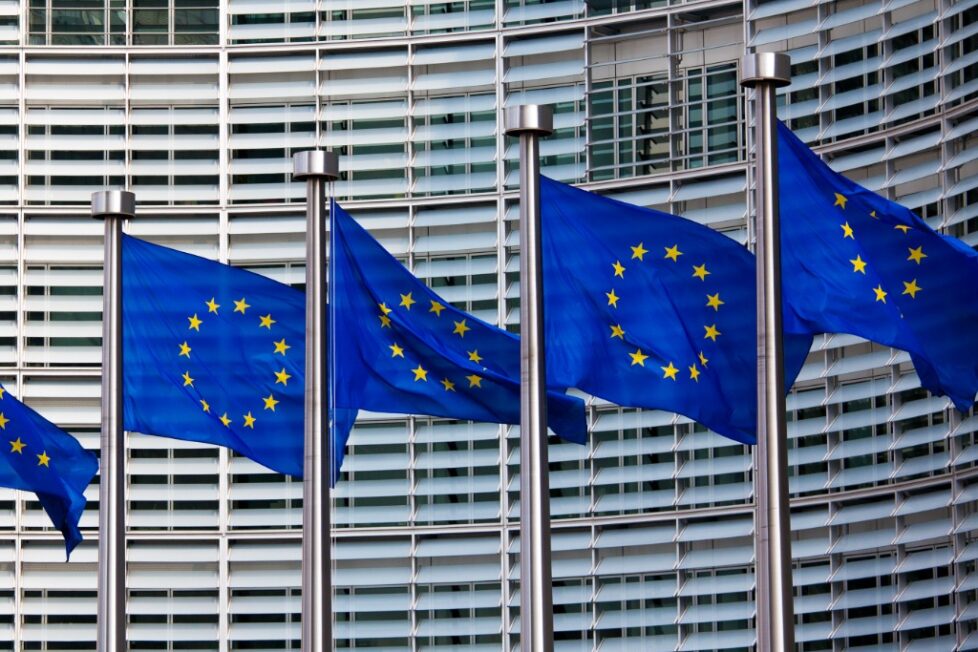EU Bans Microplastics in Consumer Products

The European Commission announced the adoption of a series of measures aimed at fighting microplastics pollution, including banning the sale of a broad series of products to which microplastics have been added, including cosmetics, detergents and toys.
Microplastics are often added to many products due to their applicability as filler, providers of texture, or as emulsifying agents, although they often are released into the environment and remain there for centuries, ending up in marine, freshwater and terrestrial environments, polluting ecosystems and food chains, and leading to negative health effects for humans and animals.
Virginijus Sinkevičius, Commissioner for Environment, Oceans and Fisheries, said:
“Banning intentionally added microplastics addresses a serious concern for the environment and people’s health. Microplastics are found in the seas, rivers and on land, as well as in food and drinking water. Today’s restriction concerns very small particles, but it is a big step towards reducing human-made pollution.”
Under the new rules, the sale of microplastics – covering all synthetic polymer particles below five millimeters that are organic, insoluble and resist degradation – and of products to which microplastics have been added on purpose will be prohibited, with products in the scope of the new restriction including granular infill material used on artificial sport surfaces, which is the largest source of intentional microplastics in the environment, and cosmetics, which use microplastics for purposes including exfoliation, texture, fragrance and color, as well as detergents, fabric softeners, glitter, fertilizers, plant protection products, toys, medicines and medical devices, among others.
Several products are not affected by the ban, such as construction materials that contain microplastics but do not release them, and products used at industrial sites, among others. While these products may continue to be sold, the new measures will require manufacturers to report their estimated microplastics emissions annually, and to provide instructions on the prevention of microplastics emissions in product usage and disposal.
While the rules will apply 20 days following the Commission’s adoption of the new measures for some products such as cosmetics containing microbeads, the ban will take effect for most products after a transition period, such as 4-12 years for other cosmetics, and 8 years for sport pitches.
The European Chemicals Agency (ECHA) estimated that the cost of the new measures for stakeholders including, industry, sports clubs, and municipalities to be up to €19 billion over the next 20 years, with the new rules expected to prevent the release to the environment of about half a million tonnes of microplastics.
Thierry Breton, Commissioner for Internal Market, said:
“This restriction contributes to the green transition of the EU industry and promotes innovative, microplastic-free products – from cosmetics to detergents to sport surfaces. EU citizens will gain access to safer and more sustainable products and the EU industry – especially SMEs – which invested in and developed such innovative products will be more competitive and resilient.”